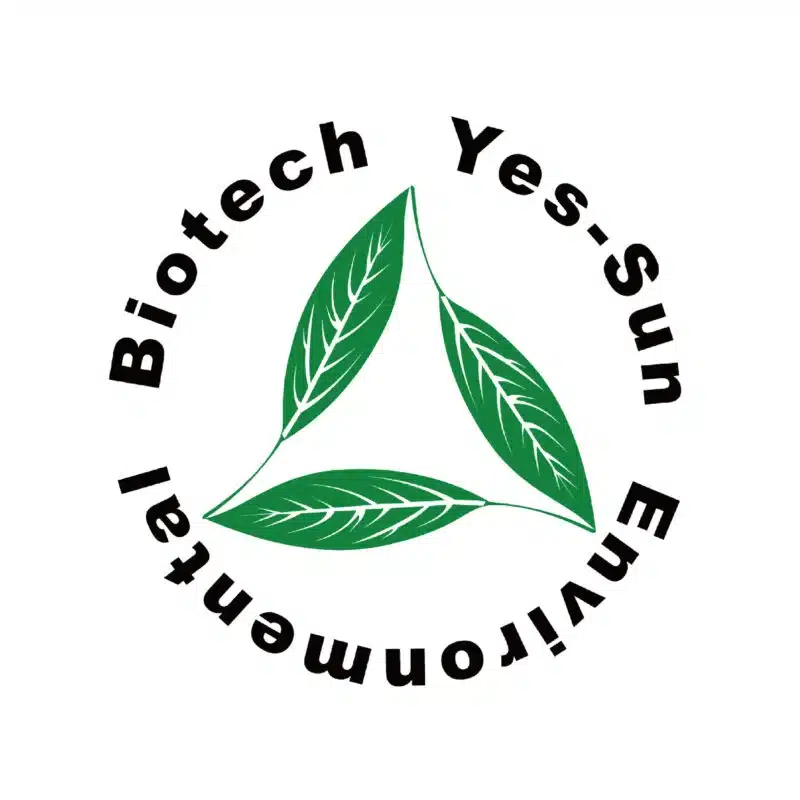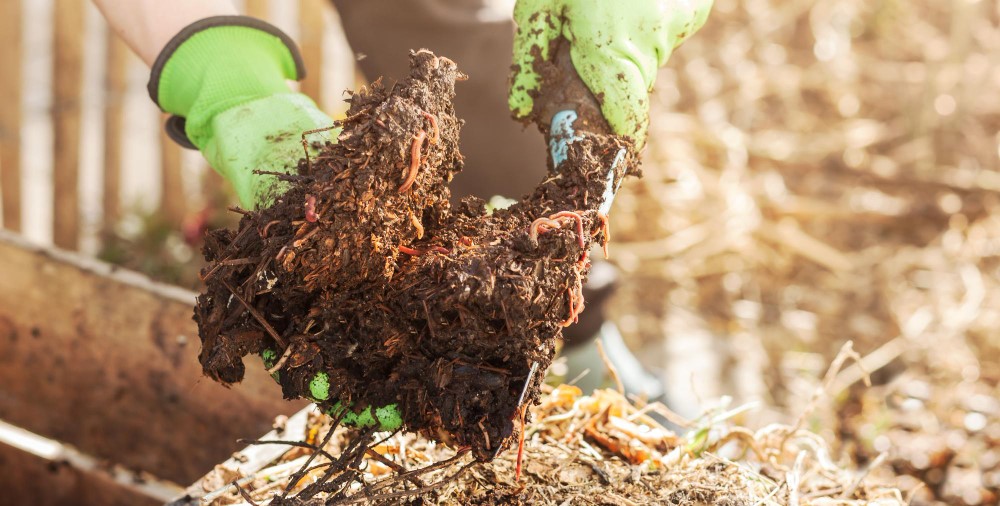https://www.compostmagazine.com/scientists-find-biochar-improves-compost-speed-and-quality/
A recent study by Wang et al. suggests that adding biochar combined with bacteria to compost can significantly accelerate the composting process, reduce emissions, and enhance the quality of the finished compost. The study aimed to address some common drawbacks of composting, such as lower quality compost and greenhouse gas emissions, which are often attributed to poor composting techniques.
Biochar, a carbon-rich material produced through pyrolysis (heating in the absence of oxygen), is known for its benefits in composting. These advantages include reducing gas emissions, improving environmental conditions in the compost heap, increasing nutrient retention, moisture content, and total organic carbon in the compost, and reducing nitrogen loss while enhancing organic matter degradation.
The study tested the effects of three additives on sheep manure compost over 28 days: a microbial agent, biochar, and a combination of biochar with a microbial agent. Results indicated that biochar combined with a microbial agent prolonged the thermophilic stage of composting, improved organic material breakdown, enhanced compost physical properties by preventing clumping, promoted compost maturity, and reduced emissions by 42-67%.
This aligns with a 2019 study by Awasthi et al., which also highlighted the benefits of combining biochar with bacteria, including reduced emissions and improved carbon and nitrogen content in the finished compost.
While this area of study is relatively new and further research is needed, these findings suggest that composters can benefit from adding biochar to their compost to enhance its effectiveness and environmental friendliness.
Discover the future of waste management with composting free technology
Handling organic waste properly can be challenging due to the unpleasant smell and dirty water produced during the composting process. Despite the availability of various composting technologies and equipment in the market, time and pollution remain significant concerns. However, a novel technology that combines patented equipment and enzymes offers a potential solution. This innovative approach can convert organic waste into fertilizer in just a few hours, and most importantly, without causing pollution.
Learn more


 中文 (台灣)
中文 (台灣) Bahasa Indonesia
Bahasa Indonesia Tiếng Việt
Tiếng Việt Bahasa Melayu
Bahasa Melayu Français
Français Español
Español Português
Português